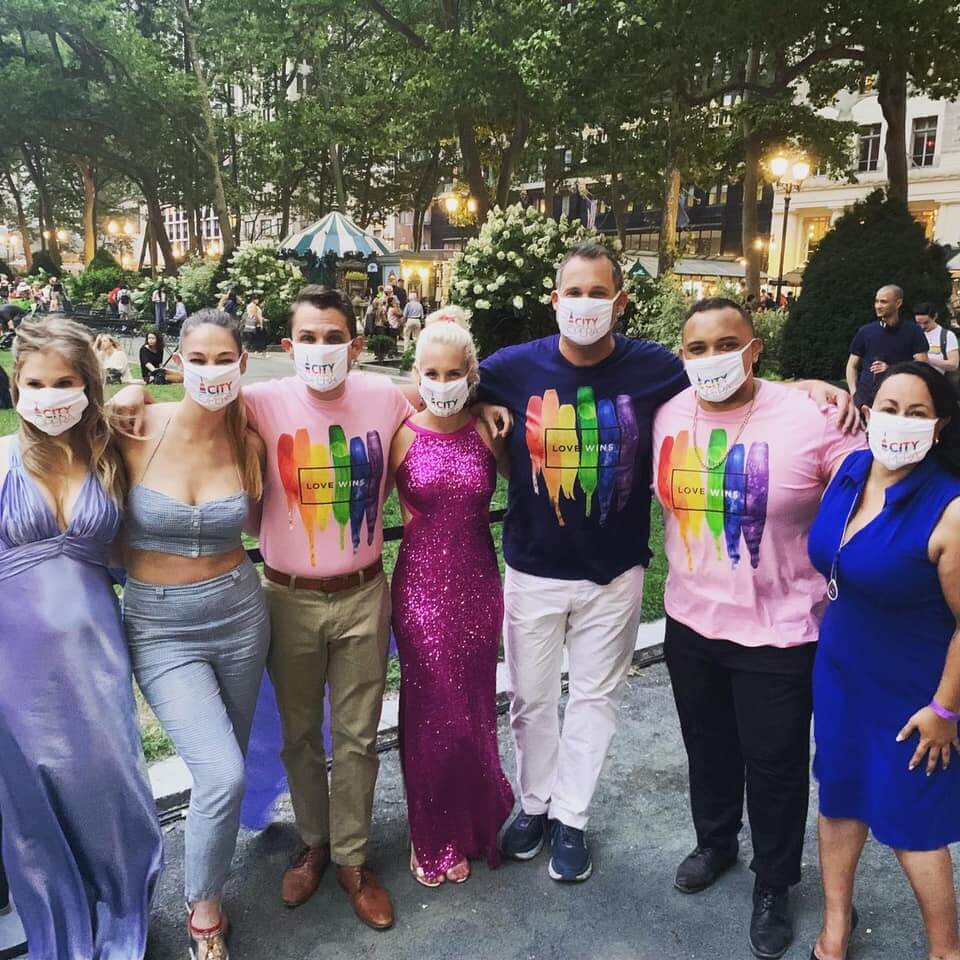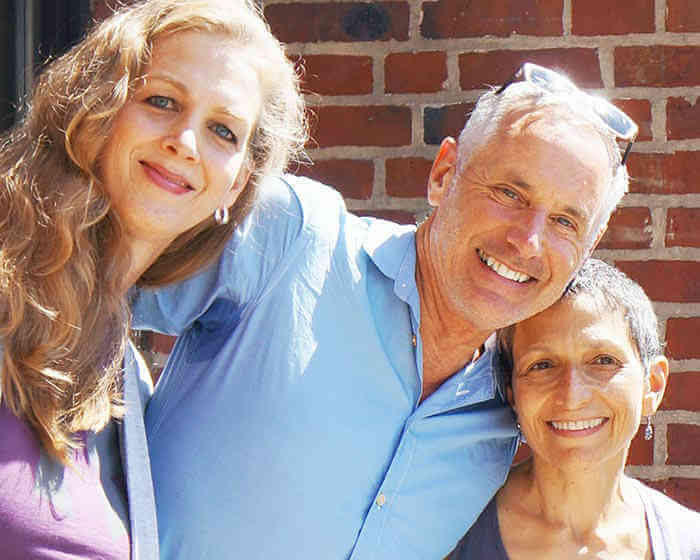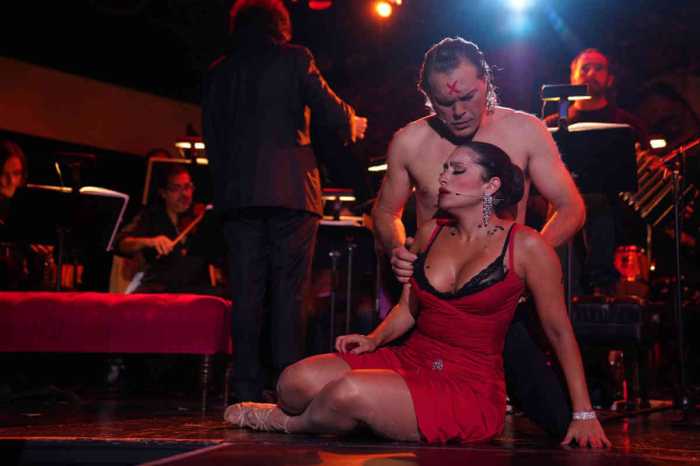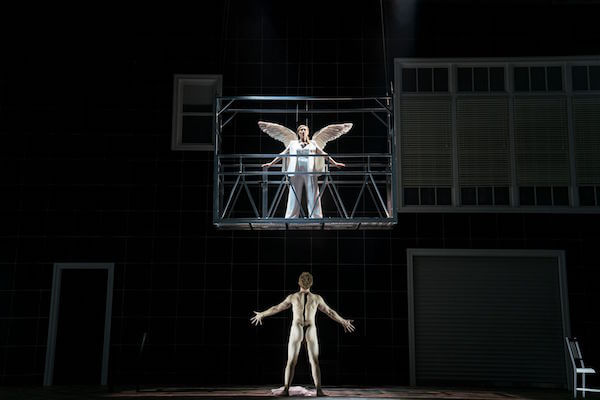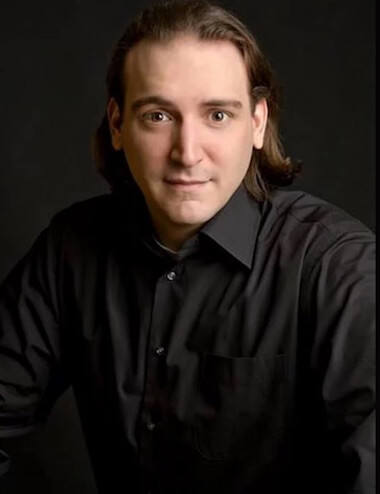The New York City Opera (NYCO), which has been living a precarious existence during the last five years, returned with little advance fanfare, presenting a summer series of free live outdoor concerts in Bryant Park. NYCO kicked off their season on June 18 with a festive Pride in the Park Concert in honor of Pride Month.
Currently headed by Michael Capasso, former artistic director of Dicapo Opera Theater, the roster of singers included many Dicapo alums including Kristin Sampson, Peter Kendall Clark, and Lauren Hoffmeier. In fact, the general level of singing and artistry — with some exceptions — seemed closer to plucky basement opera than the NYCO of old. The few operatic chestnuts on the program lacked vocal distinction except for the moving finale of Iain Bell’s underrated “Stonewall” opera.
The repertoire leaned towards musical theater with numbers from “West Side Story,” “Carousel,” “Falsettos,” “A Little Night Music,” and “La Cage aux Folles.” Coloratura Jessica Fishenfeld sang “Glitter and Be Gay” from Bernstein’s “Candide” with finished technique bravely resisting any hint of vulgarity or shrill exaggeration while still getting laughs and an ovation. Peter Kendall Clark’s mellow baritone ingratiated in various classic standards. “Can Belto” musical theater diva Lauren Hoffmeier proved the star of the evening with powerfully sung, emotionally raw renditions of “As if We Never Said Goodbye” from “Sunset Boulevard” and “Meadowlark” from “The Baker’s Wife.” (Hoffmeier also stole the show as Cleo in Dicapo’s 2012 production of “The Most Happy Fella”.) Piano accompanist Kathryn Olander was an alert and versatile collaborator performing diverse repertoire in a difficult outdoor venue. The festive and communal nature of the event overshadowed any musical or artistic shortcomings. NYCO’s Bryant Park series continues on August 21 and September 3 [more info here: https://bryantpark.org/programs/opera].
In late July, opera returned to Lincoln Center — but not to the Metropolitan Opera (which is scheduled to reopen on September 27). Instead, Teatro Nuovo presented two semi-staged opera-in-concert performances of Rossini’s beloved “The Barber of Seville” outdoors in Damrosch Park next to the Met. This time we had a full orchestra and chorus.
This wasn’t a business as usual “Barber”: Teatro Nuovo took their bel canto seriously, performing the scores from critical editions with a period instrument orchestra led not by a conductor but by a duo of keyboard and first violinist conforming with early 19th century practice. General director Will Crutchfield mans the fortepiano while associate director Jakob Lehmann, on violin, cues the orchestra with his bow. Vocal ornaments are taken from contemporary sources or developed by and for the singers at hand.
Vocal casting tended towards the heroic rather than lighter coloratura voices. In fact, the Rosina, Figaro, and Almaviva had been originally contracted to perform Rossini’s tragic opera “Maometto Secondo.” Bass Hans Tashjian was cast against vocal type as Figaro, usually a baritone role, rather than Don Basilio. (Rossini’s autograph lists all the lower male roles as “basso.”) Tashjian’s “Largo al factotum” was shorn of the traditional interpolated baritone high notes, but also the inevitable vocal mugging and mimicry. Tashjian’s suavely restrained rendition revealed subtle musical details and compositional structure that is habitually torn to bits by the comedic shtick. Mezzo Hannah Ludwig unleashed a major voice as Rosina, but of the womanly contralto type — one could imagine her as Carmen. Her assertive, rather reserved interpretation of the role eschewed minx-like charm reminding me of Marilyn Horne as Rosina. Ludwig’s “Una voce poco fa” surprised with unfamiliar ornamentation culminating in low alto tones rather than the usual belted high notes.
As Almaviva, Nicholas Simpson wielded a rangy, angular but flexible tenor voice with more metal than lyric sweetness in the tone — a future Florestan in Beethoven’s “Fidelio” or Arnold in Rossini’s “William Tell”? Simpson’s lack of mezza voce dynamics and graceful line caused one not to regret the omission of the second verse of “Se il mio nome” and the entire aria “Cessa di più resistere” in an otherwise conservatively cut performance. The youthful baritone Scott Purcell (who also sings Figaro) was also cast against type as Doctor Bartolo. Purcell’s vocal energy and free top made the fast patter solo “A un dottor della mia sorte” a walk in the park rather than the usual effortful slog by an aging basso buffo winded by the high notes and long phrases. Bass Daniel Fridley sang as well as Don Basilio, but lacked stage presence and vocal personality. Soprano Alina Tamborini made a charming and surprisingly youthful Berta — she sparkled in Berta’s throwaway aria, providing an unexpected vocal highlight. There was a prevailing aura of dramatic inhibition and reserve — most of these singers were new to their roles and not fully inhabiting them. A stage director might have helped them even in an outdoor concert format.
Crutchfield and Lehmann led a rather desultory and, at times, out of sync rendition of the famous overture. As the evening progressed, the Teatro Nuovo Orchestra gained in accuracy, ensemble and verve — the finales to Act I and Act II bubbled with energy and élan riding Rossini’s crescendos to dizzying heights. Crutchfield wants the listener to hear even an over-familiar opera like “Barber” (too often familiarity breeds contempt) as if it were a new work freshly rediscovered. Inauthentic traditions are cast aside with revelatory results — like an old painting cleaned with its colors refreshed and details restored. Even the misguided choices revealed a creative mind at work, forcing us to look at the opera in a different way.

